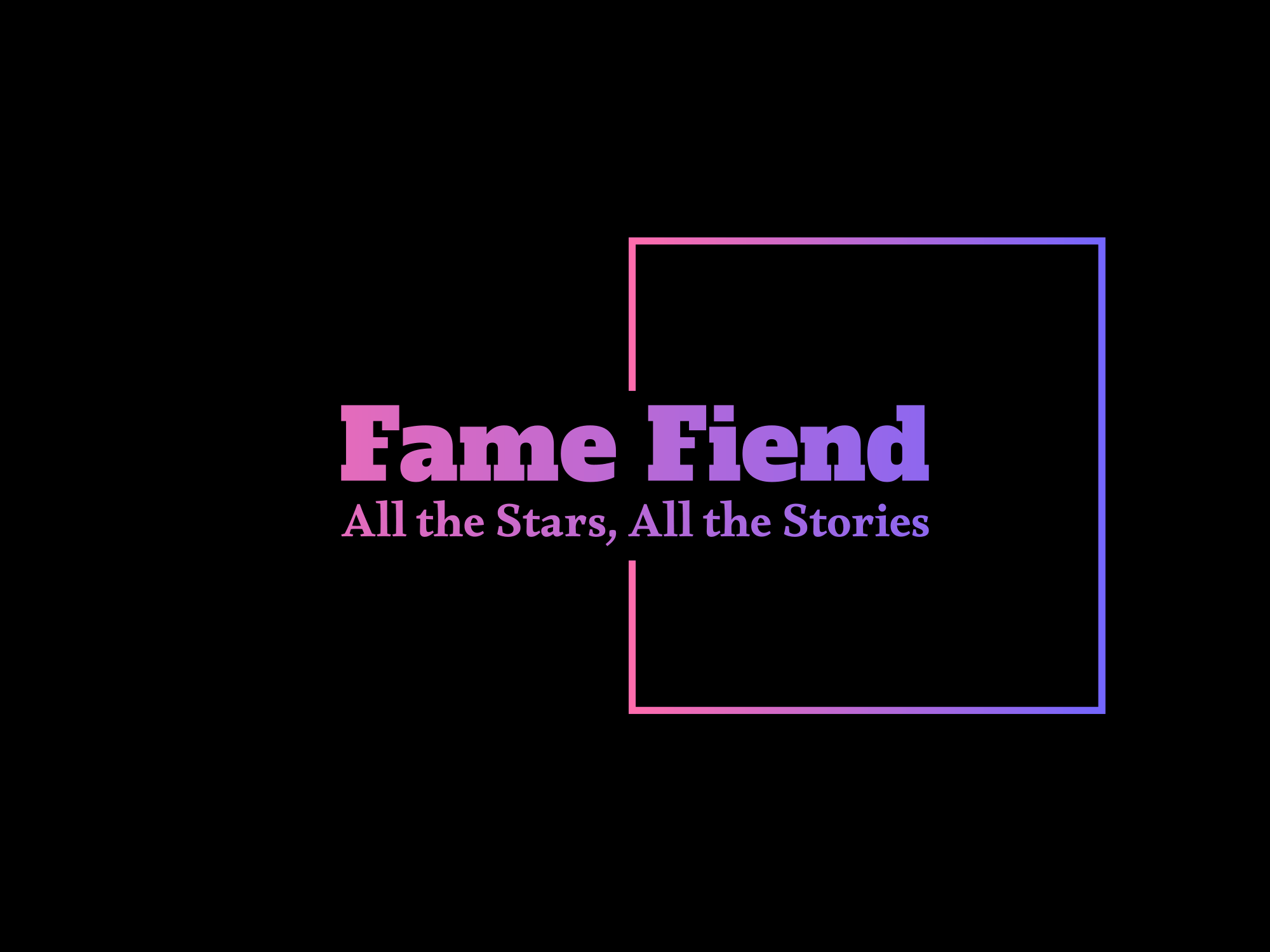YouTube‘s CEO is using his experience in the digital ad market to defend his employer’s contested practices. During his testimony at an antitrust trial taking place in the U.S. District Court for the Eastern District of Virginia, YouTube boss Neal Mohan argued that Google‘s advantages in the digital advertising industry stem from “product innovation” rather than monopolistic practices.
In January 2023, the U.S. Department of Justice announced that it would take Google to court. At the time, the DoJ argued that Google’s ad biz constituted a monopoly, and that the tech giant had cornered the digital ad market through a series of predatory acquisitions.
After years of preparation, the DoJ’s court battle against Google has now commenced. Unsurprisingly, Mohan was asked to provide testimony. Before he was YouTube’s product head and eventual CEO, he worked at DoubleClick, a digital advertising business Google acquired in a 2007 deal worth $3.1 billion.
Subscribe to get the latest creator news
The DoJ is arguing that transactions like the DoubleClick acquisition exemplify Google’s monopolistic practices, since the company’s consolidation of the digital ad business gave it control over software and exchanges that many ad buyers rely on. Mohan, however, sees that relationship in reverse. In his court appearance, he argued that Google has grown because the digital advertising industry has grown — not the other way around.
“We saw an opportunity to grow the entire industry,” Mohan said. “As the industry grows, our revenue grows as well.” He added that Google’s advertising advantage “falls back to one single thing: product innovation and the sale and services we were able to offer.”
Mohan’s argument may sway presiding Judge Leonie Brinkema, but they are unlikely to deter the DoJ, which wants to break up Google. The federal body has already taken that approach with Google’s search business, which may need to be split off as a result of an antitrust ruling that characterized Google search as a monopoly. The American government is also attempting to force ByteDance to divest TikTok as a result of security issues stemming from the app’s U.S. operations.
A similar ruling in the ad world could cause the divestiture of DoubleClick or other Google-owned ad properties, but that potential resolution is still a long way off. In the meantime, Google will continue to argue that its ad practices are a net positive for the industry as a whole, no matter what the DoJ says.
At the very least, the result of this case will provide some context for smaller companies that rely on Google’s tech to run their campaigns. Companies like Rumble have already joined the fight against Google’s alleged antitrust practices, but leaders like Mohan will provide stiff opposition against those regulatory attempts.

